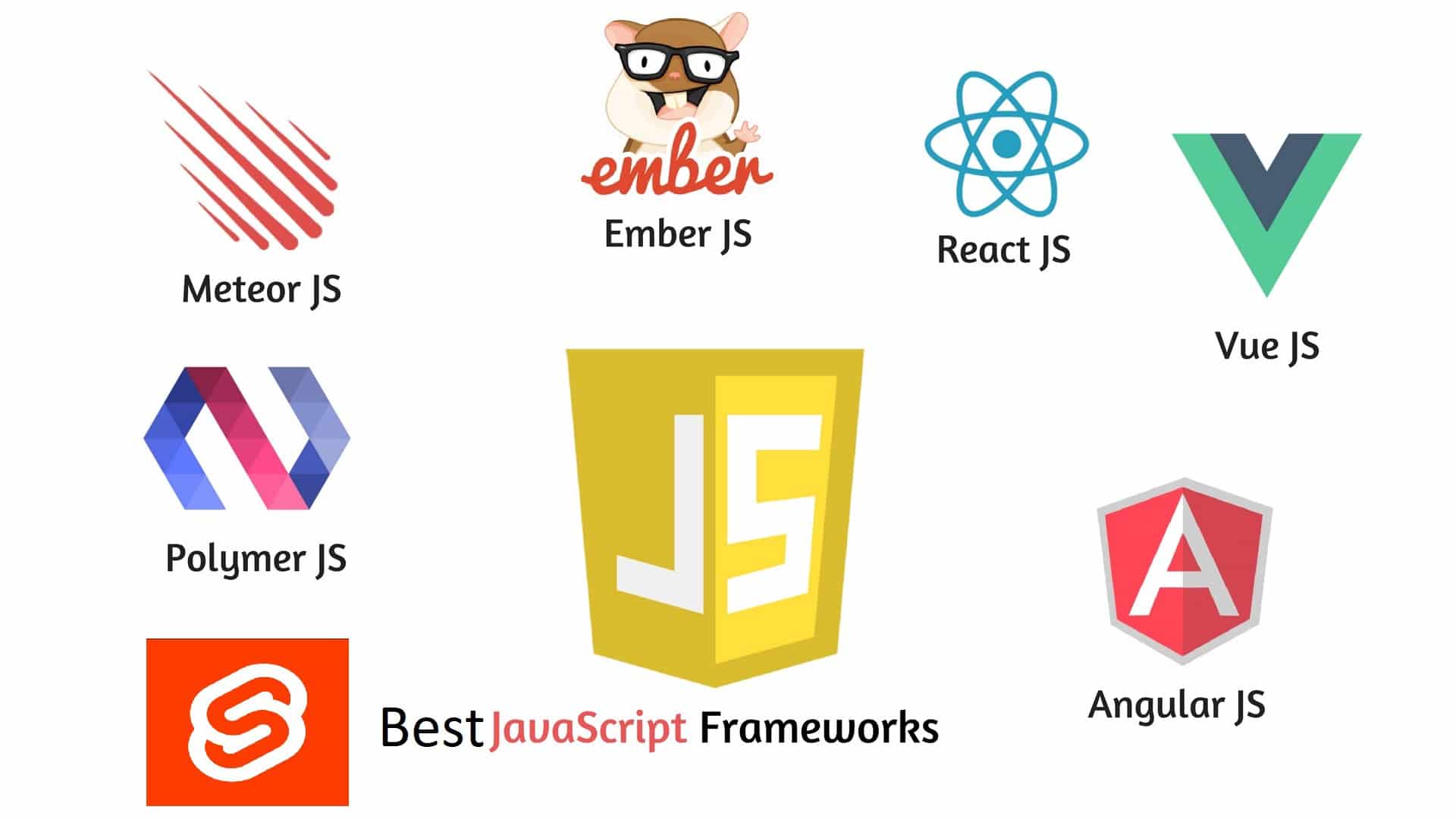Shop At Haya: Your Ultimate Shopping Guide
Discover the best shopping tips, trends, and deals for a smarter buying experience.
Framework Face-Off: Which JavaScript Champion Reigns Supreme?
Discover the ultimate showdown in Framework Face-Off! Uncover which JavaScript champion takes the crown in this thrilling battle of code.
React vs. Angular: The Ultimate Comparison for Modern Web Development
When it comes to modern web development, two of the most popular frameworks are React and Angular. Both frameworks offer powerful tools for building dynamic web applications, but they do so in significantly different ways. React, developed by Facebook, focuses on a component-based architecture that encourages reusability and a virtual DOM for efficient rendering. On the other hand, Angular, created by Google, is a full-fledged MVC framework that emphasizes two-way data binding and dependency injection. This fundamental difference in architecture leads to various implications for developers in terms of scalability, performance, and ease of use.
As you delve deeper into the comparison of React vs. Angular, several factors come into play:
- Learning Curve: React is often praised for its simplicity and ease of integration, making it a great choice for beginners, while Angular has a steeper learning curve due to its comprehensive and opinionated approach.
- Performance: Both frameworks boast high performance, but React's virtual DOM can provide a performance edge in applications with frequent updates.
- Community and Ecosystem: While both have large ecosystems, React enjoys a more extensive library of third-party tools, whereas Angular offers a more cohesive set of built-in features.
Ultimately, the choice between React and Angular depends on the specific needs of your project and your team's preferences.

Vue.js Explained: Why It's Gaining Popularity Among Developers
Vue.js has emerged as one of the most popular JavaScript frameworks among developers due to its simplicity and flexibility. Unlike other frameworks that can be overwhelming for beginners, Vue offers a gentle learning curve, enabling developers to easily integrate it into existing projects. Its core library focuses primarily on the view layer, which makes it highly adaptable and easy to pick up for anyone familiar with HTML, CSS, and JavaScript. Furthermore, Vue's component-based architecture encourages modular development, allowing developers to build reusable components that enhance both productivity and maintainability.
The increasing adoption of Vue.js can also be attributed to its impressive performance and strong community support. With features like virtual DOM diffing, Vue efficiently updates and renders components, resulting in a smooth user experience. Additionally, the vibrant ecosystem surrounding Vue includes a wide range of tools and libraries, such as Vue Router and Vuex, which facilitate state management and routing in applications. As more companies recognize the benefits of using Vue.js, the framework's popularity continues to soar, making it a valuable skill for developers to master.
Which JavaScript Framework Should You Choose for Your Next Project?
Choosing the right JavaScript framework for your next project can significantly impact your development process and the overall success of your application. With numerous options available, including React, Angular, and Vue.js, it's essential to consider factors such as project requirements, team expertise, and community support. For instance, React is renowned for its flexibility and performance, making it an excellent choice for building user interfaces. In contrast, Angular offers a comprehensive solution with built-in functionalities, which might be preferable for large-scale applications. Meanwhile, Vue.js strikes a balance between the two, providing an approachable framework that is easy to integrate into existing projects.
When selecting a JavaScript framework, consider the following aspects:
- Project Scale: Determine the size and complexity of your application.
- Learning Curve: Assess your team's familiarity with the framework to ensure a smoother development process.
- Community and Ecosystem: Look into the community support and available resources that can ease development challenges.
- Performance: Evaluate the framework's performance characteristics, especially if you're developing a high-load application.